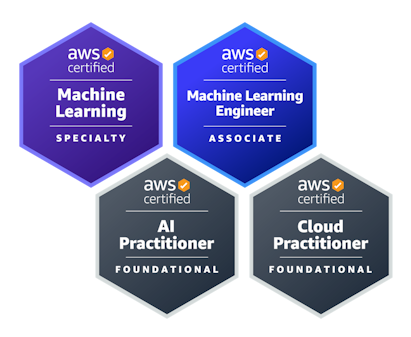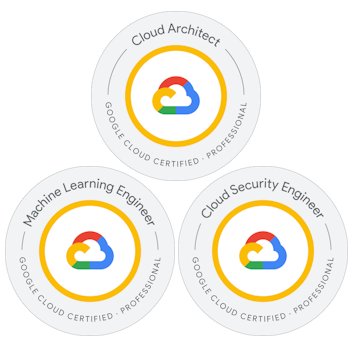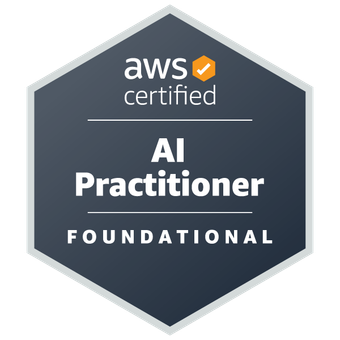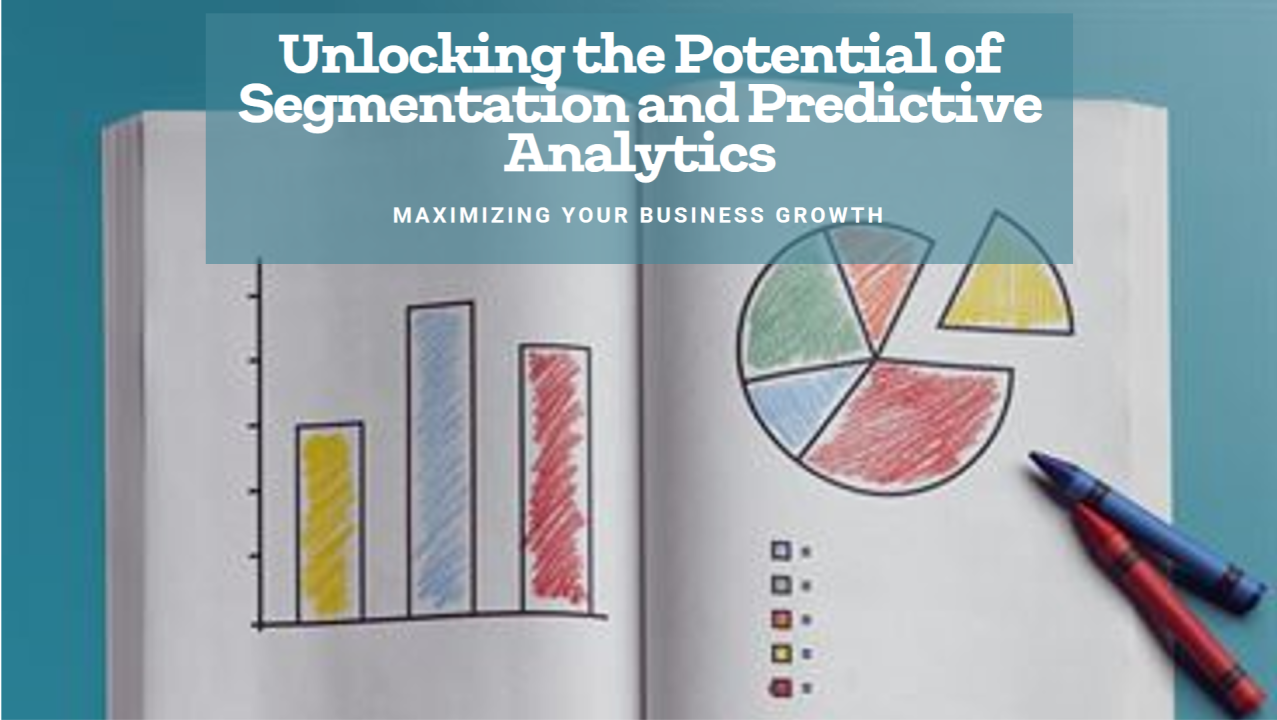I'm a results-driven leader with over 10 years of experience managing teams and delivering projects in software development, data analytics, and advanced algorithm design for machine learning and artificial intelligence. I specialize in driving innovation and delivering high-impact, data-driven solutions through strategic leadership and effective team management.
With a strong technical foundation and a proven history of leading teams, I excel at managing and guiding technical teams to deliver successful AI projects. My leadership style promotes collaboration, efficiency, and a culture of innovation within development teams, ensuring high-quality outcomes that align with business objectives.
I am Alexey Tyurin, a Business Analysis Manager based in Texas, USA, with over 30 years of experience in the IT industry and 15+ years in senior leadership roles. My expertise spans project management, data science, and global business solutions. Throughout my career, I’ve played a key role in establishing multiple branch offices across Europe and spearheading the deployment of critical business applications, including eCommerce platforms, Sales and Marketing systems, ERP solutions, and mobile apps.
Data is my passion, and I leverage its power to drive strategic, well-informed decisions for businesses. As both a project manager and leader of distributed teams, I have overseen the successful implementation of global systems across 13 European countries. My ability to lead business analysts and quality assurance teams has ensured seamless operations and ongoing system support.
With a deep background in data science and data engineering, I am proficient in both on-premises and cloud-based infrastructures. I specialize in AI and machine learning technologies, including deep learning and generative AI, using these skills to enhance business performance and gain competitive advantages.
Experienced leader of international AI projects in finance, marketing, and operations — specializing in managing teams and leveraging AI/ML technologies to enhance customer experiences and profitability.
Grade: A+
Graduate work: “Mathematical modelling of sales promotions in direct marketing”














AWS Certified Machine Learning – Specialty from Amazon Web Services (AWS)
Looks like the header on the LinkedIn profile has a case of "missing hexagon syndrome" - one more, and it would have been perfect!
Thinking about which badge to earn next... AWS Certified Solutions Architect - Professional looks appealing!
AWS Certified Solutions Architect - Professional is intended for individuals with two or more years of hands-on experience designing and deploying cloud architecture on AWS. Before you take this exam, we recommend you have:
✨ Familiarity with AWS CLI, AWS APIs, AWS CloudFormation templates, the AWS Billing Console, the AWS Management Console, a scripting language, and Windows and Linux environments
✨ Ability to provide best practice guidance on the architectural design across multiple applications and projects of the enterprise as well as an ability to map business objectives to application/architecture requirements
✨ Ability to evaluate cloud application requirements and make architectural recommendations for implementation, deployment, and provisioning applications on AWS
✨ Ability to design a hybrid architecture using key AWS technologies (e.g., VPN, AWS Direct Connect) as well as a continuous integration and deployment process

Over the years, my work in AI and machine learning has shown me that success in this field demands a holistic approach that covers architecture, security, and model optimization. This led me to pursue three Google Cloud Professional Сertifications: Cloud Architect, Cloud Security Engineer, and Machine Learning Engineer. Here’s how this combination elevates my expertise and adds value to my work.
The Professional Cloud Architect certification has enabled me to design resilient, scalable cloud infrastructures that support AI/ML projects while ensuring flexibility, performance, and availability. This is essential when dealing with large data volumes and high processing demands. With this certification, my projects can seamlessly scale to meet complex AI/ML requirements.
The Cloud Security Engineer certification has transformed my approach to protecting data and managing access. Security is crucial in AI/ML, especially with sensitive information. This certification provided me with the skills to build secure infrastructures, protect data from threats, and meet stringent security standards. Now, I can confidently secure models and data at every stage, which enhances reliability and adds significant value for clients focused on security.
The Machine Learning Engineer certification has deepened my understanding of developing, testing, and deploying models on Google Cloud. I gained insights into algorithm optimization and how to leverage Google Cloud tools to streamline workflows. This is especially valuable for maintaining model performance in production, quickly testing hypotheses, and deploying updates.
With these three certifications, I’m able to go beyond simply creating models; I design entire ecosystems that incorporate infrastructure, security, and ML optimization. This holistic approach allows me to deliver end-to-end AI/ML solutions that provide clients with both reliability and security, helping them confidently adopt machine learning technology.
Mastering architecture, security, and machine learning within a single platform is more than just a set of skills - it’s a significant advantage, particularly in projects involving big data and strict data protection requirements. Clients now seek not only functional models but also reliable, secure, and scalable solutions.
Together, these Google Cloud certifications form my “power triangle” in AI/ML on the cloud, empowering me to integrate best practices in security, design flexible architectures, and leverage advanced ML tools to deliver impactful solutions that elevate my clients’ capabilities.
#GCP #CertifiedCloudPractitioner
Read More
I’ve been asked countless times – why study Google Cloud Platform when it only has 10% of the cloud market share? My response has always been that the vendor is less important than truly understanding the underlying cloud technologies. After earning my second AWS certification (Cloud Practitioner), I’m even more convinced this is true.
Cloud fundamentals like virtualization, containers, microservices, and distributed systems apply across all platforms – whether it’s AWS, Azure, or GCP. Once you grasp these core concepts, transitioning between cloud providers becomes much easier. With multi-cloud strategies on the rise, knowing GCP (or any other platform) only broadens your skill set and makes you more adaptable in today’s cloud-driven world.
Not to mention, GCP has unique strengths, particularly in data analytics, machine learning, and tools like BigQuery – making it a valuable skill for specialists in those areas.
So, my vacation has been incredibly productive! Completing both of my AWS certifications and deepening my cloud knowledge has made this break not only relaxing but also rewarding.
#AWS #CertifiedCloudPractitioner
Read More
I decided to try my hand as a beta tester and earn the AWS AI Practitioner certification. Besides the excitement of receiving the badge and the pleasure of completing well-designed courses, I was particularly impressed by the interactive escape room game. Not only was it engaging, but it also helped me dive deeper into AWS services. This was especially important for me, as I had previously worked more with GCP, and knowing the services is a significant part of the exam. In the end, two days of preparation were enough.
Another important takeaway from the learning process was recognizing the huge progress in generative AI, thanks to Amazon Bedrock technologies, particularly the Knowledge Bases and RAG (retrieval-augmented generation) features. These tools are literally game-changers.
Now, with Amazon Bedrock, it's easy to integrate knowledge bases with powerful AI models like Claude and Titan, which allows for the delivery of accurate, context-aware responses without the need for retraining the models. This is a major breakthrough for businesses.
My colleagues and I discussed how just a year ago, this capability seemed like a dream. Now, we can use our own knowledge bases to improve the accuracy and quality of AI responses by extracting relevant information directly from our documents. This is especially useful for companies looking to manage data more efficiently and integrate AI into their workflows.
#AWS #AI #MachineLearning #GenerativeAI #KnowledgeBases #RAG #AWSAIPractitioner
Read More
In the ever-evolving landscape of marketing, understanding your customer has never been more vital. In this article, we delve into the significance of customer intelligence and how it revolutionizes marketing strategies.
In today's customer-centric market, gathering detailed information about your customers isn't just beneficial; it's essential. This data serves as the backbone for creating marketing campaigns that resonate with your target audience's unique preferences and needs. But what happens after segmentation is where the real challenge lies.
Read MoreIn today's era, where understanding each customer is paramount, clustering algorithms in marketing are the game-changers.>\
Deep Dive into Customer Data: Harnessing extensive customer data, we uncover key insights into behaviors and preferences, setting the stage for targeted marketing strategies.
Segmentation Mastery: Customers are categorized into pivotal segments:
Predictive Modeling: Leveraging algorithms to predict future customer actions, like the probability of placing an order in the upcoming month, is a cornerstone of this approach.
Adaptability & Responsiveness: Keeping a pulse on customer behavior changes is crucial, ensuring strategies evolve as customer dynamics do.
A/B Testing & Refining: A/B testing plays a critical role, especially in assessing strategies aimed at the 'undecided' segment, providing valuable insights for refinement.
Key Outcomes:
Driving Sustainable Growth: Such focused and data-driven approaches pave the way for sustainable business growth through intelligent marketing.
This strategy, rich in data analysis and customer insights, is a testament to the power of customer-centric marketing in the digital age.
#Marketing #CustomerSegmentation hashtag#DataDriven
Read MoreWhile on vacation, I dove into the fascinating world of OpenAI's newest developments. Specifically, I focused on exploring AI chatbot technology, examining how these advancements are reshaping the landscape in contrast to traditional models like Einstein Bots. Here's what I discovered:
Step 1: Fine-Tuning.The process begins by tailoring the model with specific details about your company's products. While generally accurate, it's intriguing to note that even with the temperature set to zero, minor discrepancies can occur, like a slight variance in product pricing.
Step 2: Using Embeddings. This approach goes beyond words, using vector representations to grasp the meaning behind questions. By feeding an article about a product into ChatGPT, the model can offer answers rooted in that content's essence.
Step 3: Functions. Beyond fine-tuning and embeddings, incorporating specialized functions enables the model to retrieve and integrate precise product data, like price and size, into its responses.
However, while these methods excel in specific tasks, they show partial effectiveness for broader queries. Questions like 'What's the most expensive product?' or 'Which products contain ingredient X?' still pose a challenge.
Moving ForwardI'm excited to continue experimenting and integrating these varied approaches. As the field evolves, so does the potential for groundbreaking solutions.
Have you experimented with AI in your industry? What insights and challenges have you encountered? Let's discuss in the comments!
#OpenAI #FineTuning #Embeddings
Read More+1 469 915 2709
alexey.tyurin@outlook.com
Addison, Texas, USA
